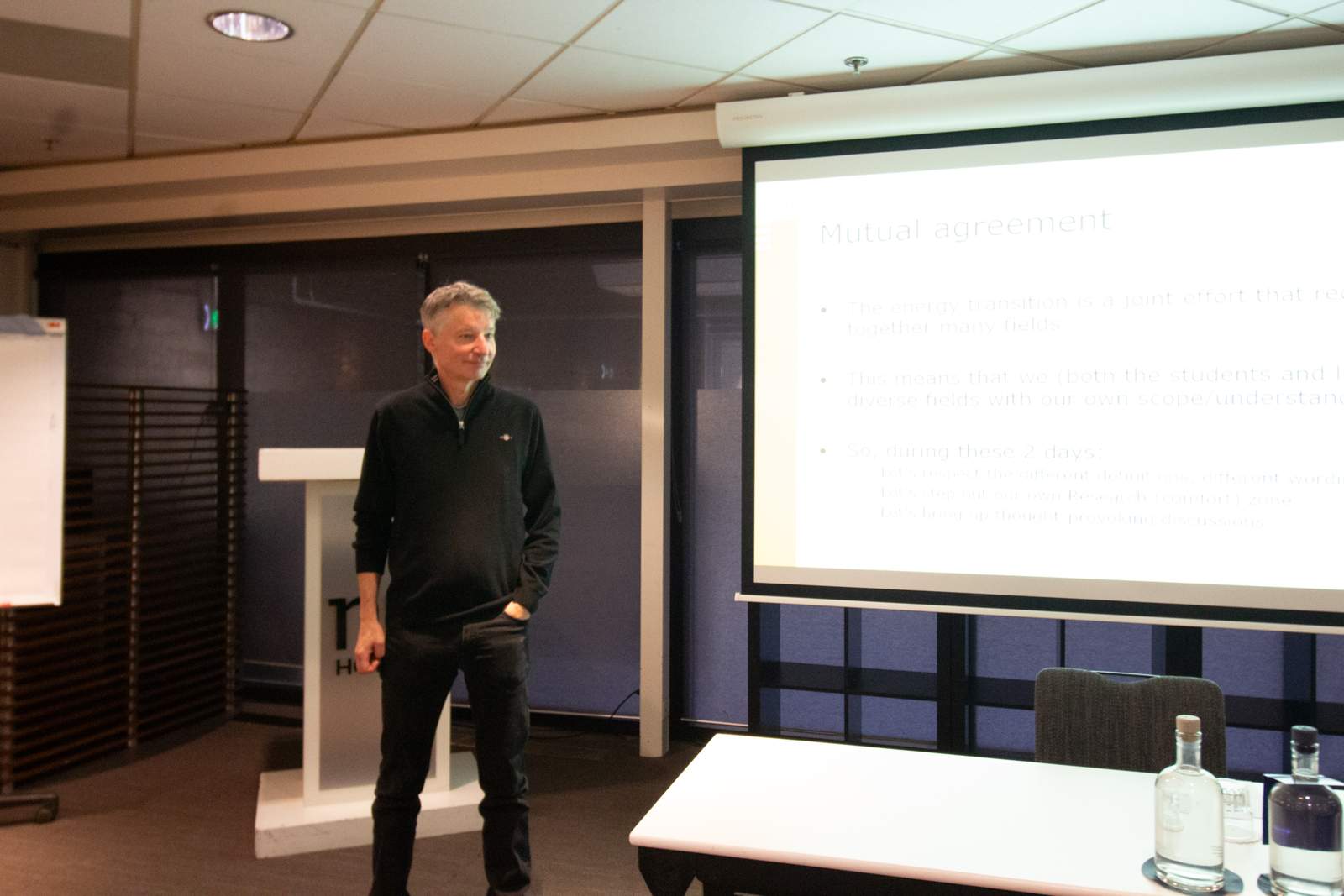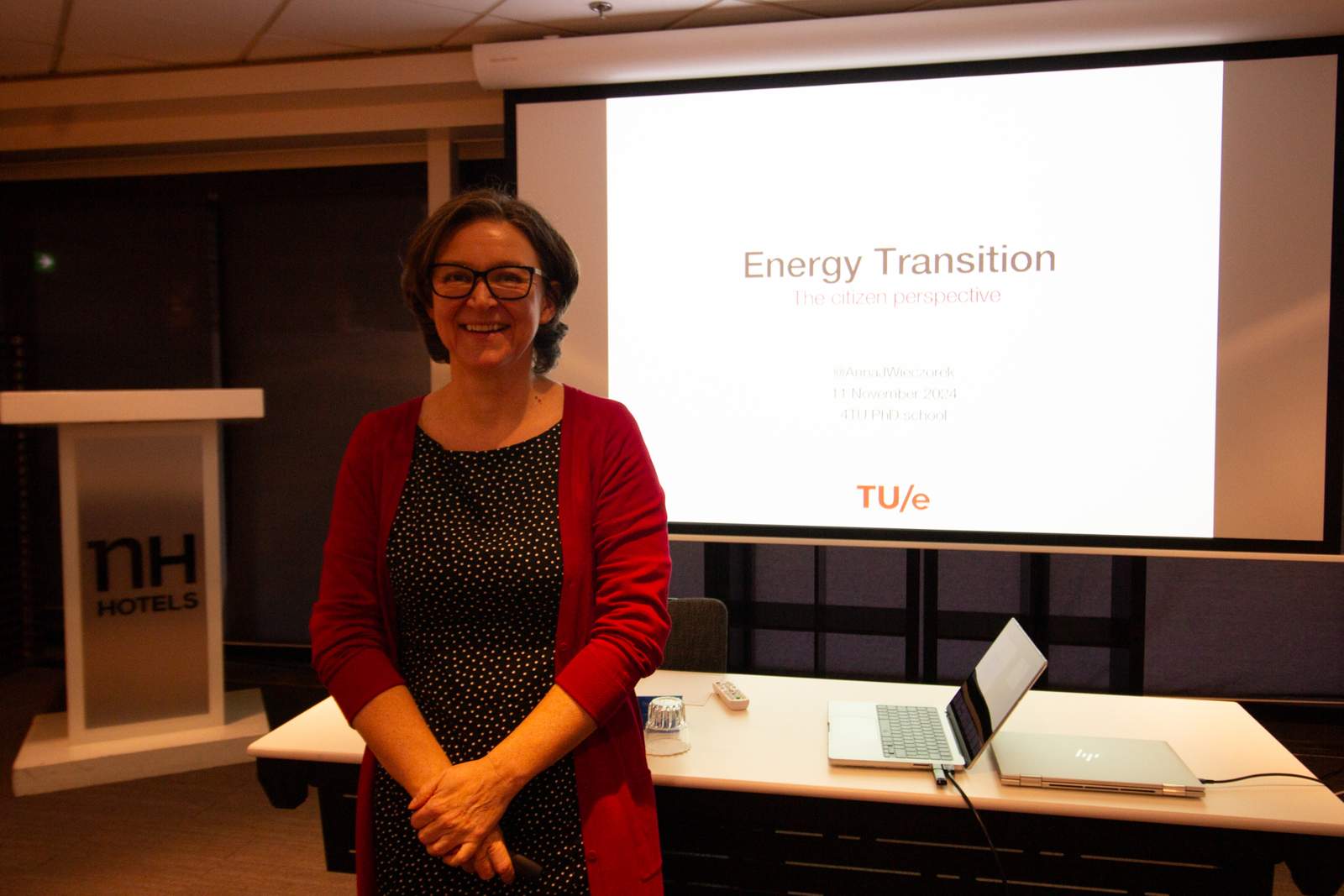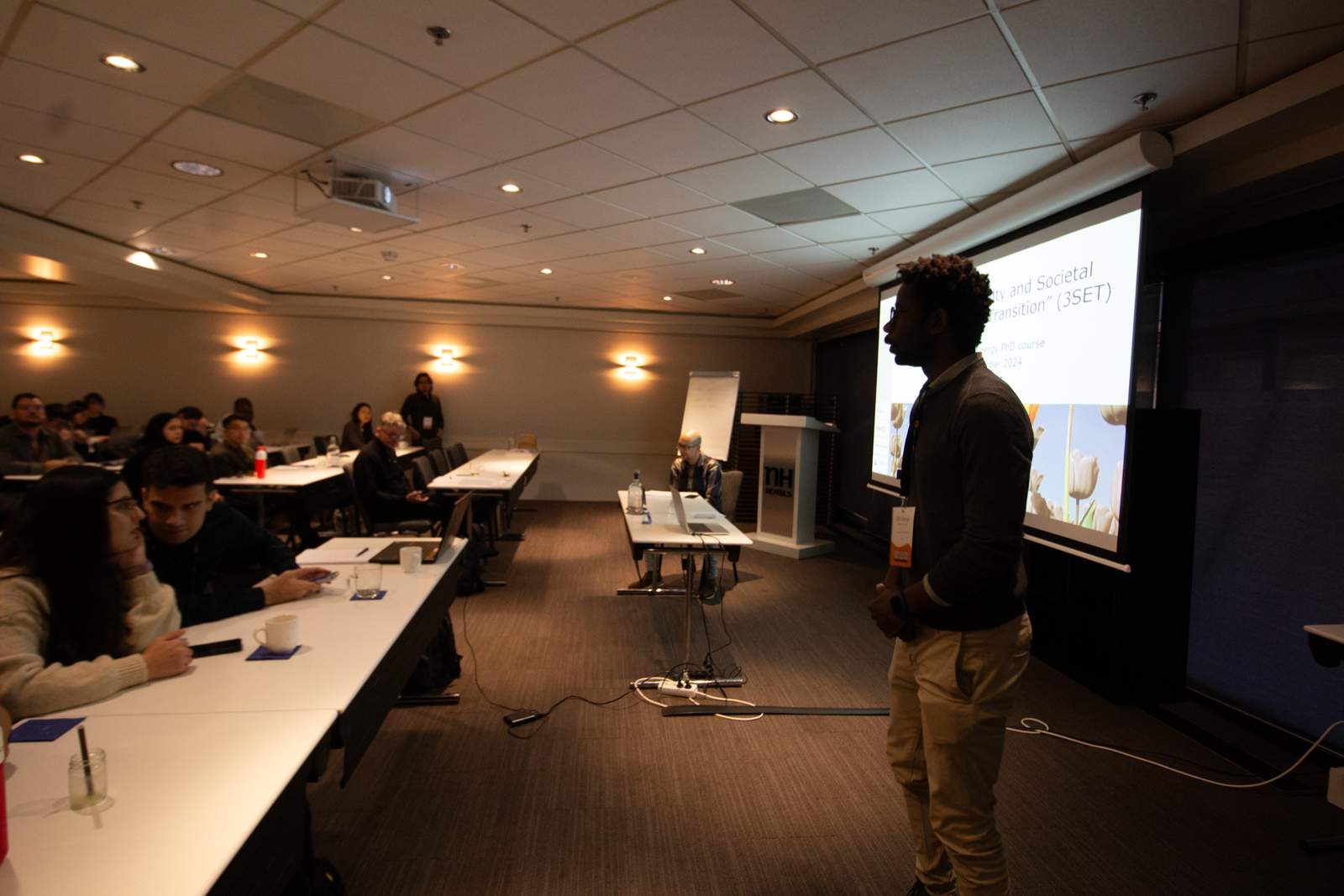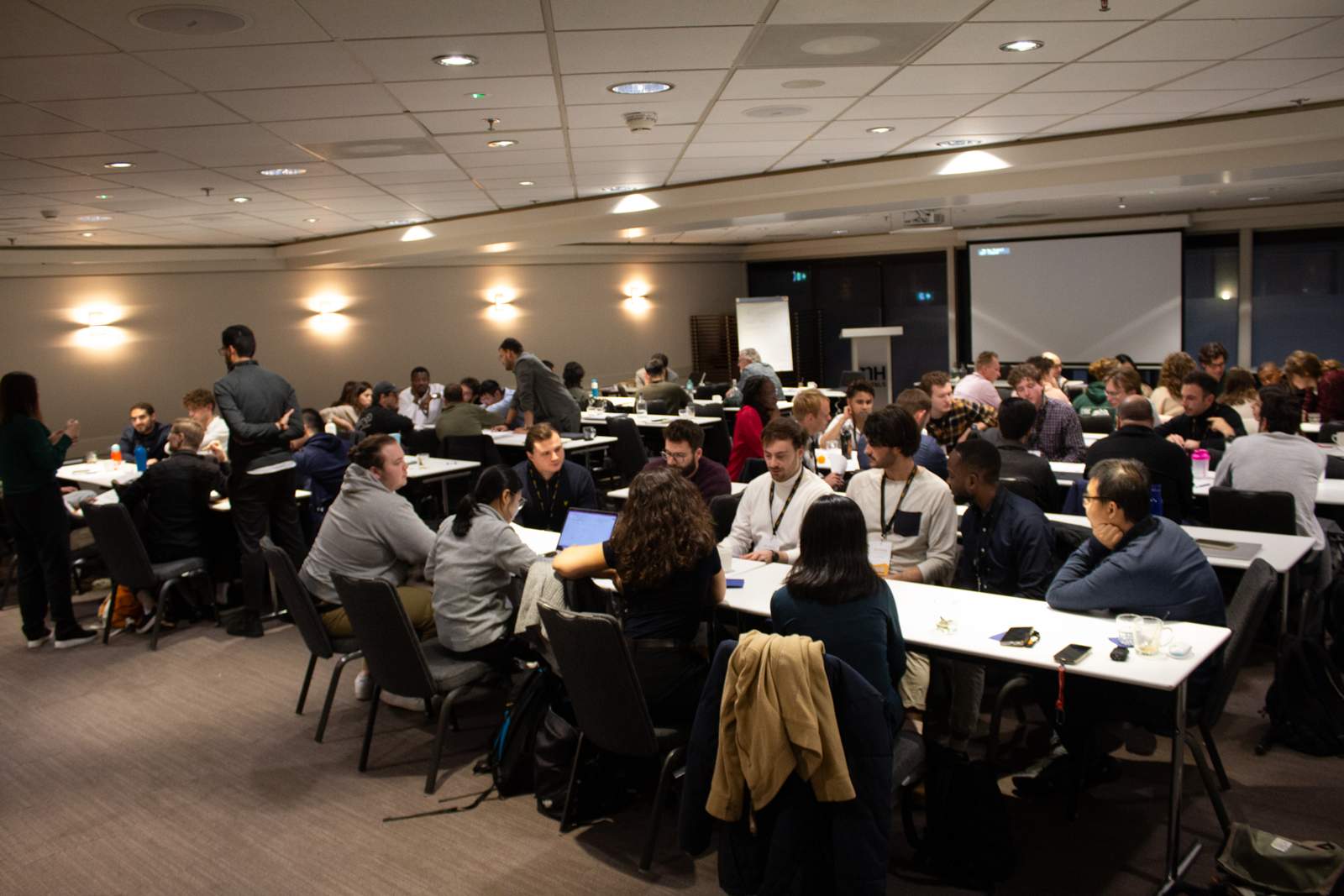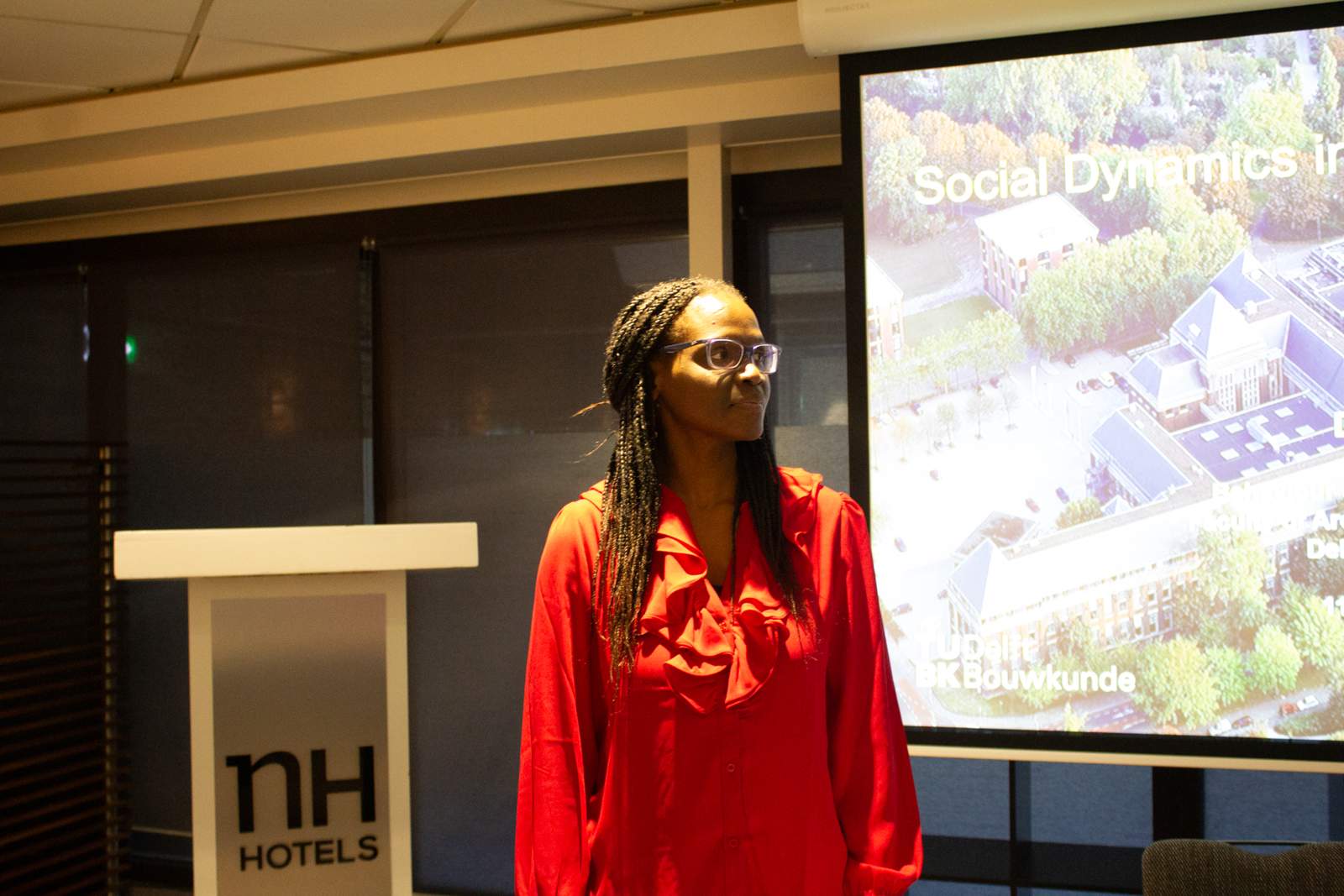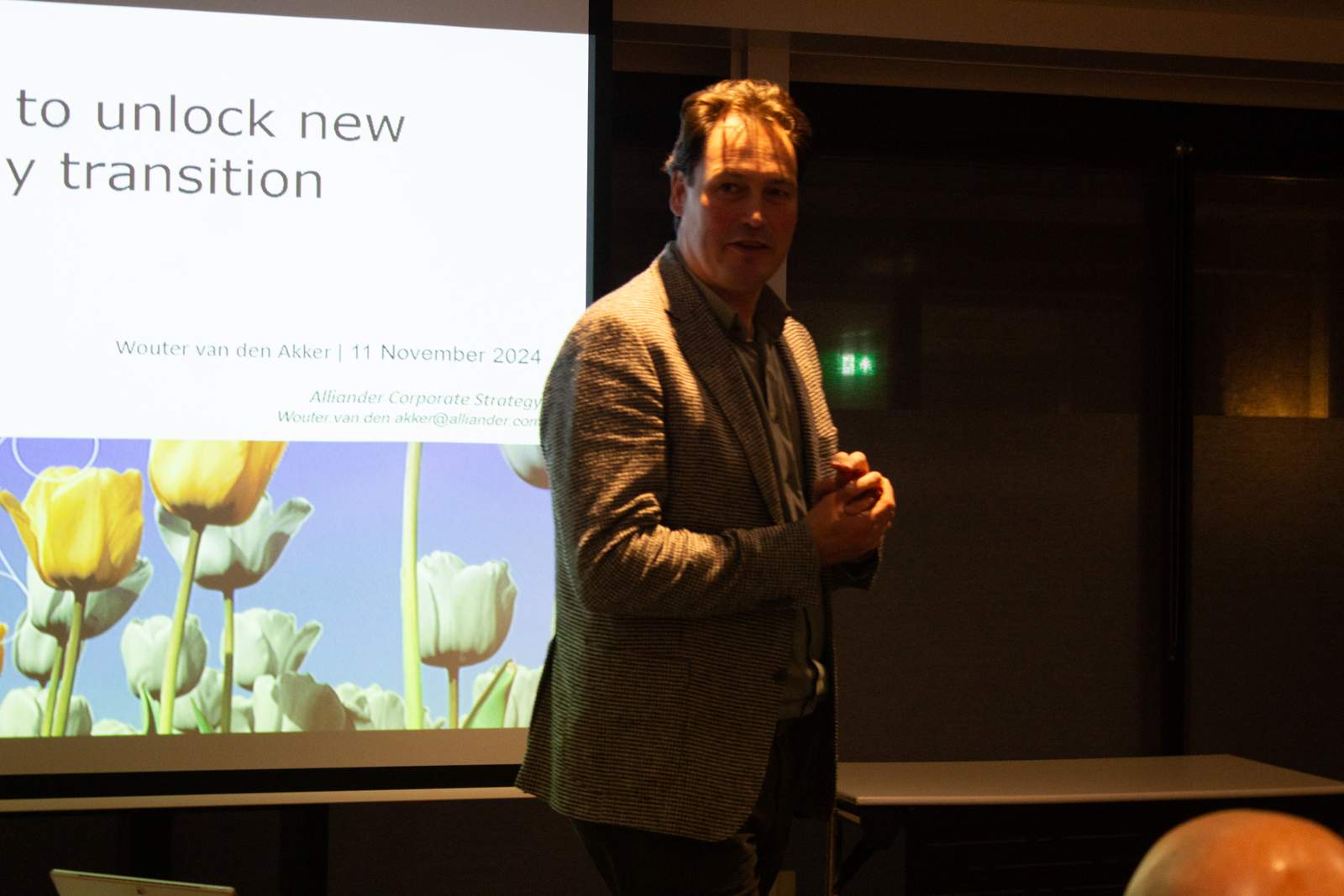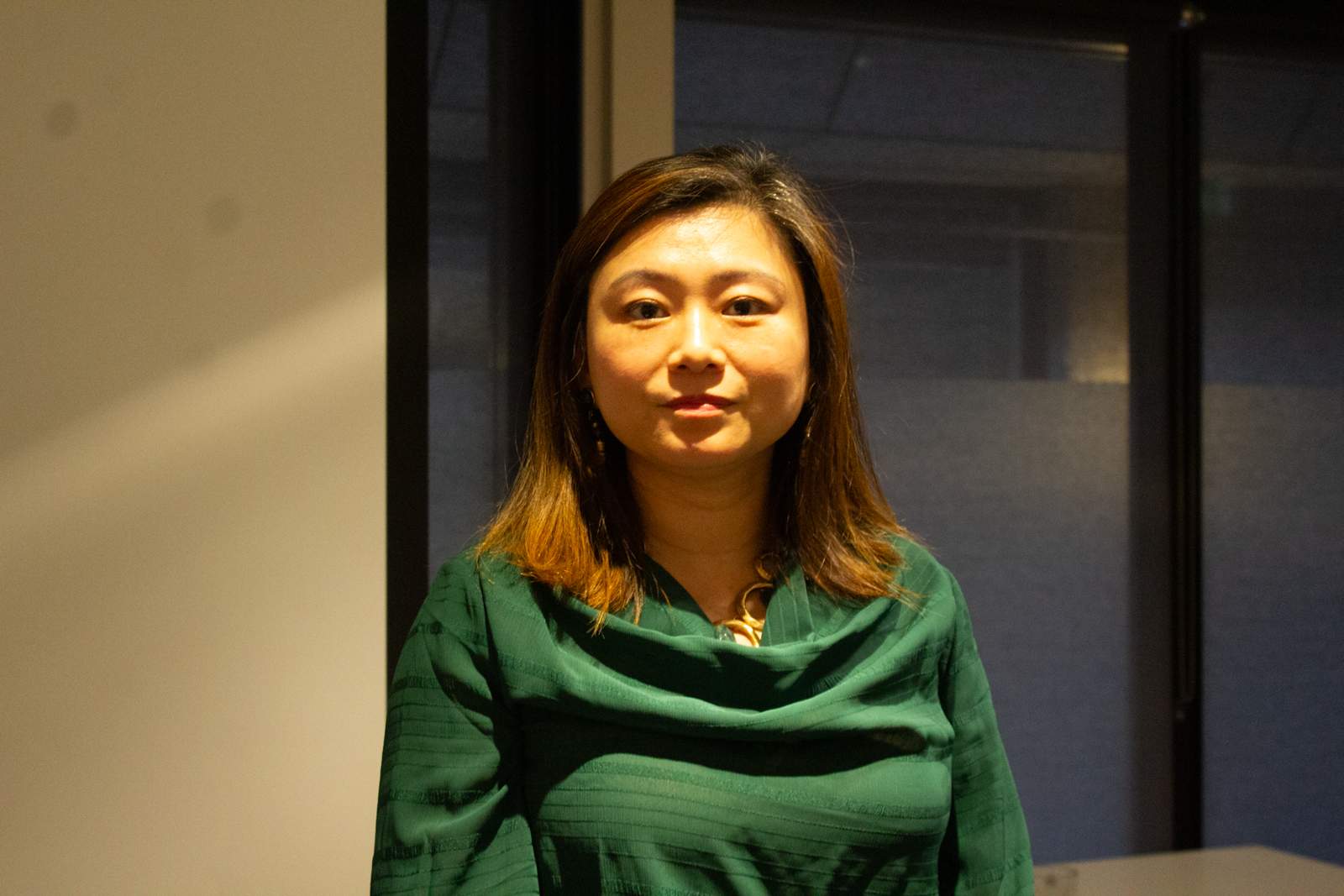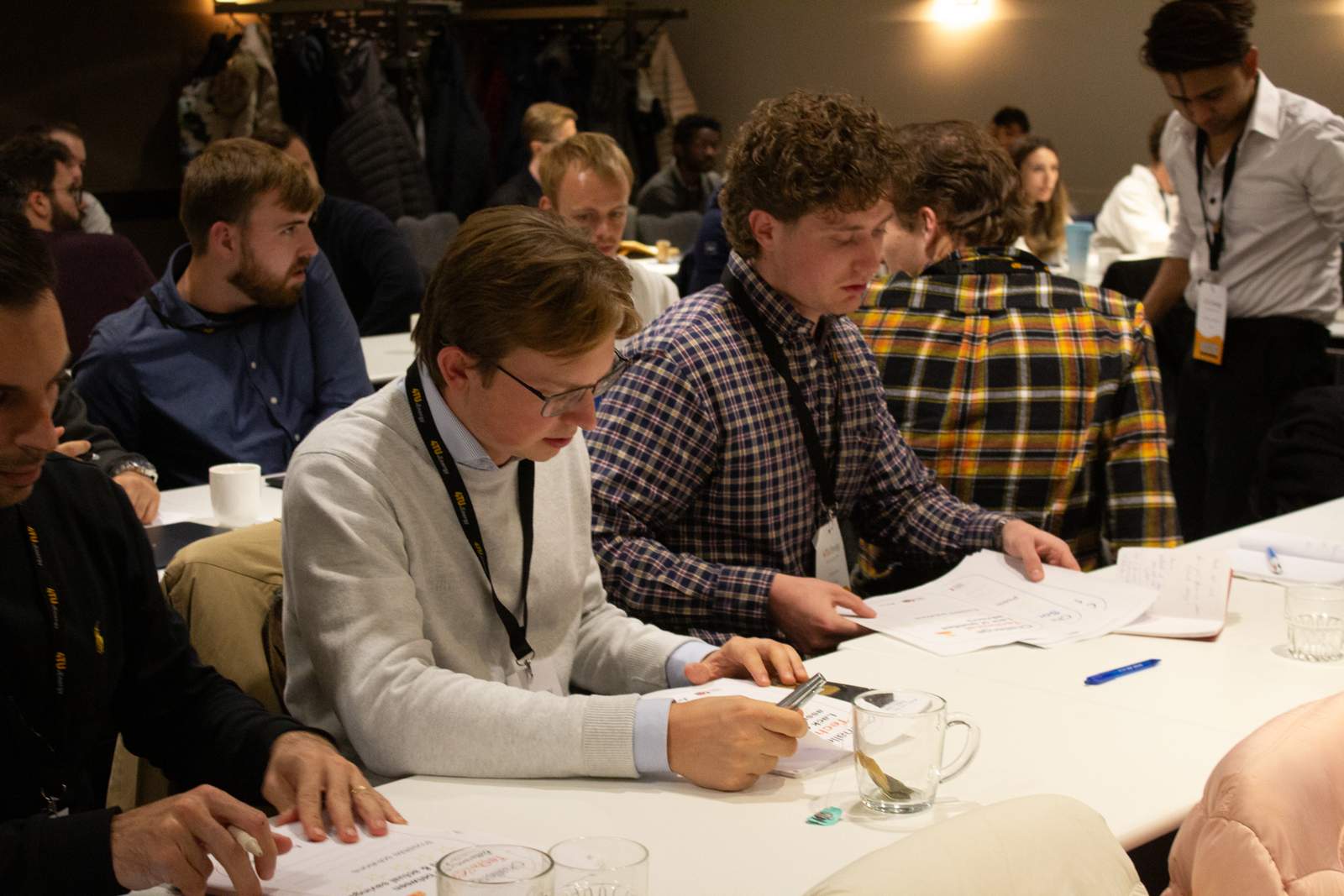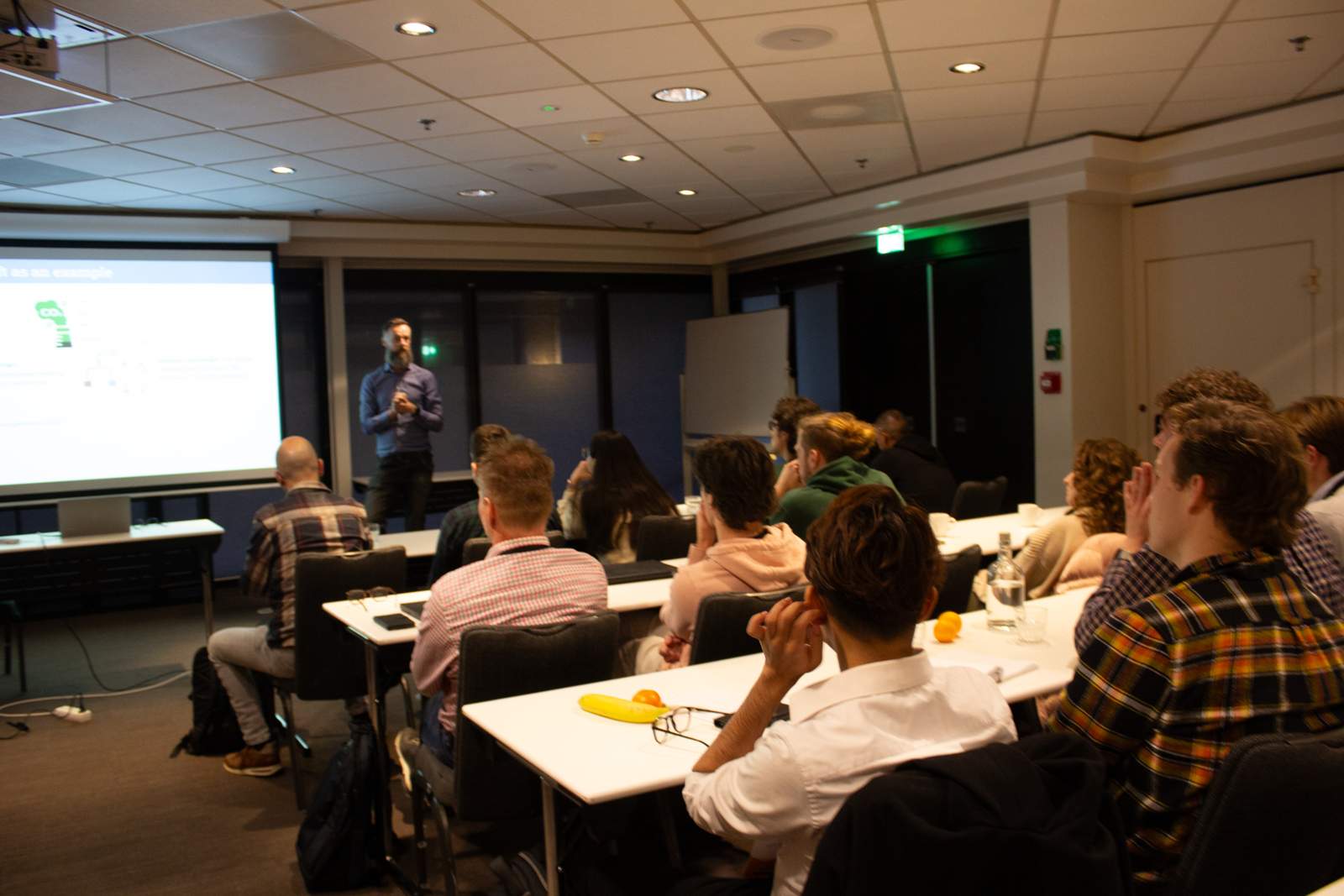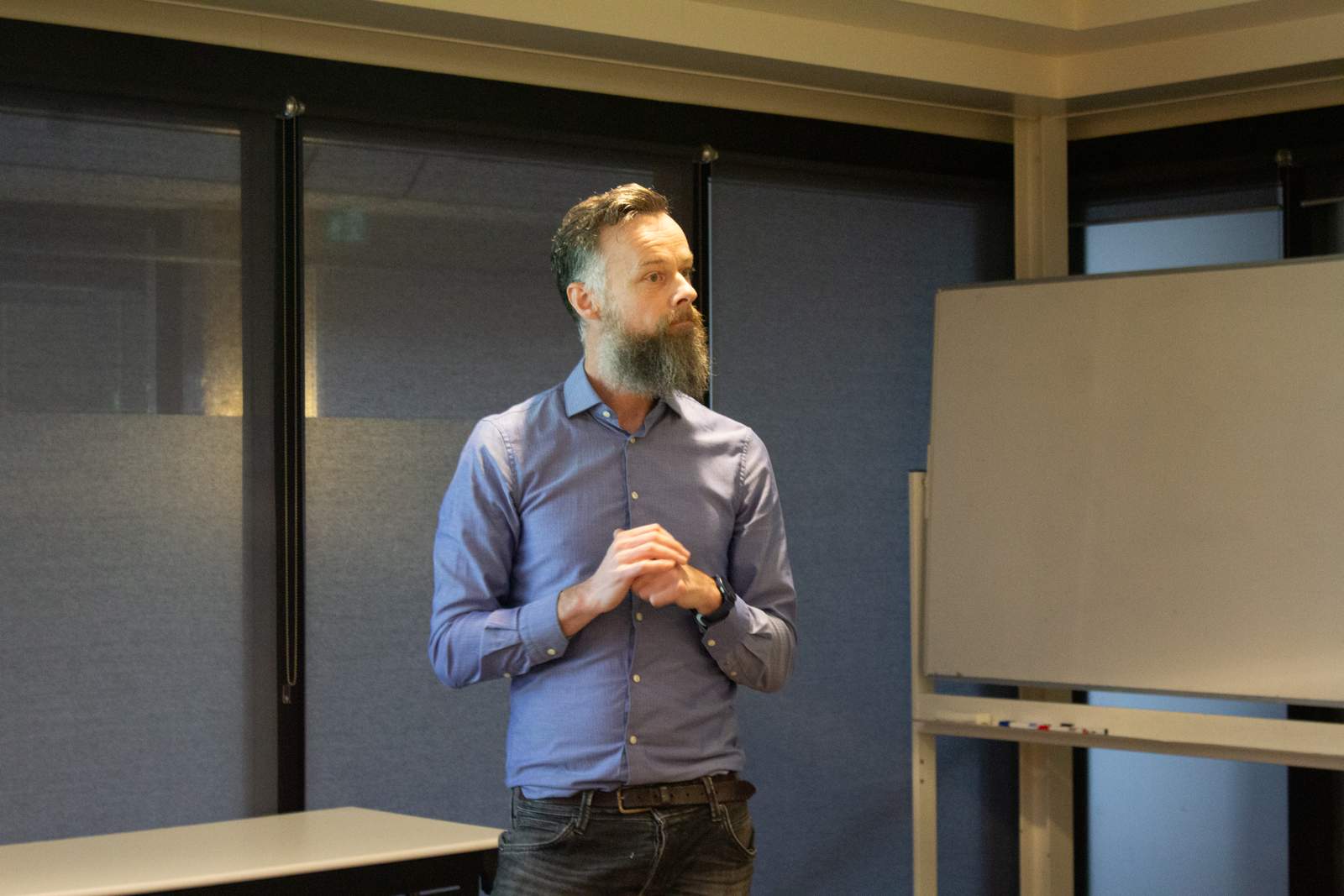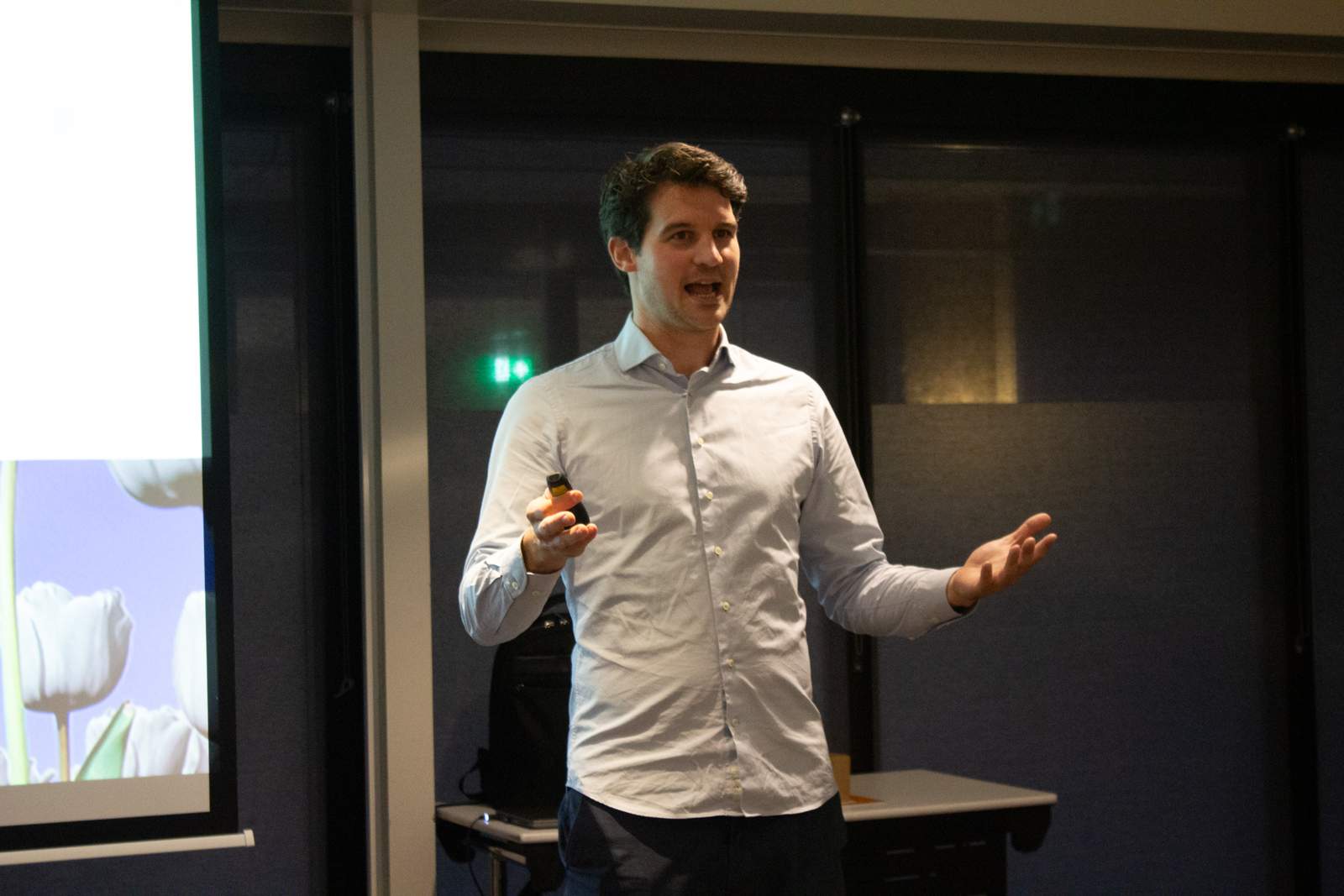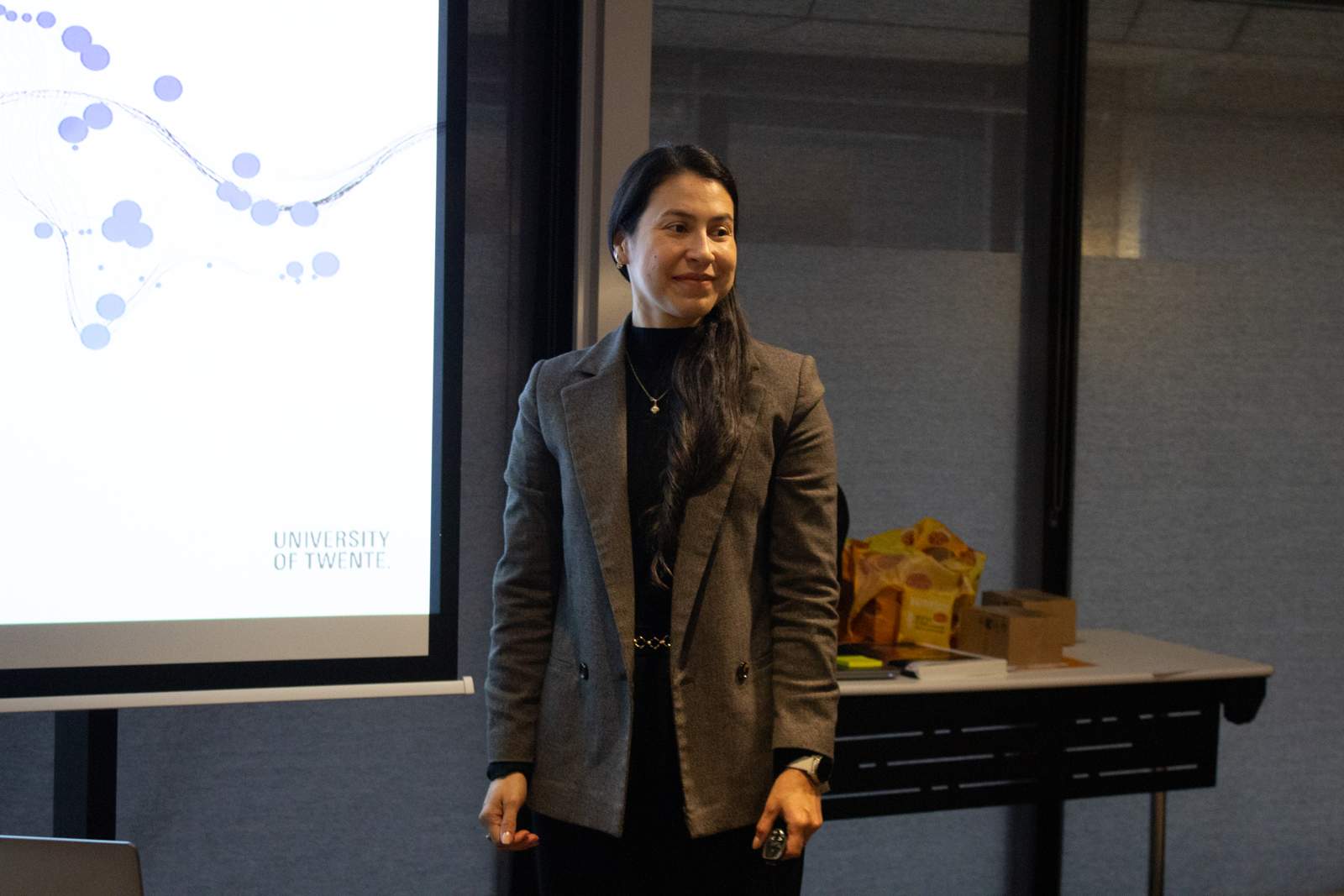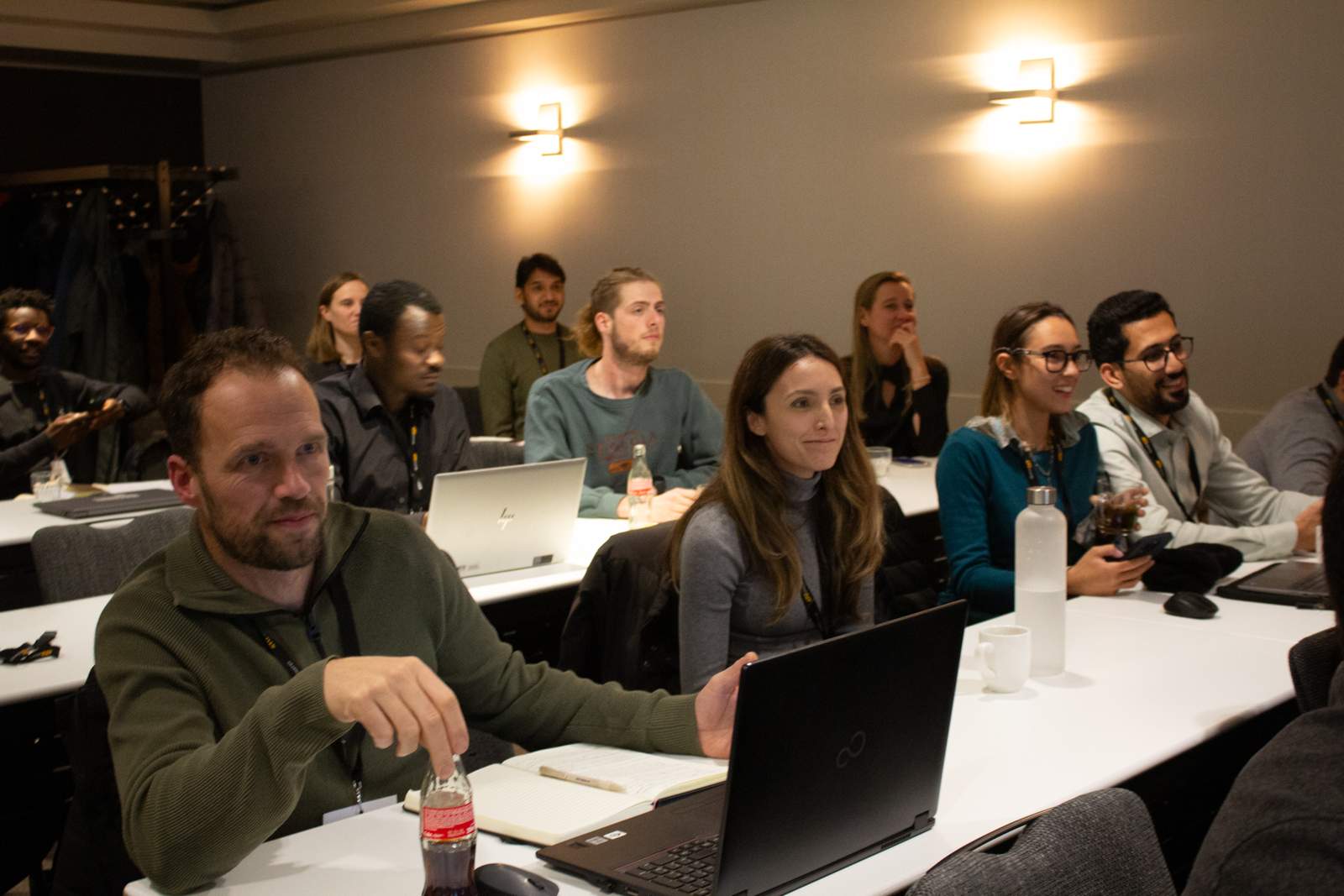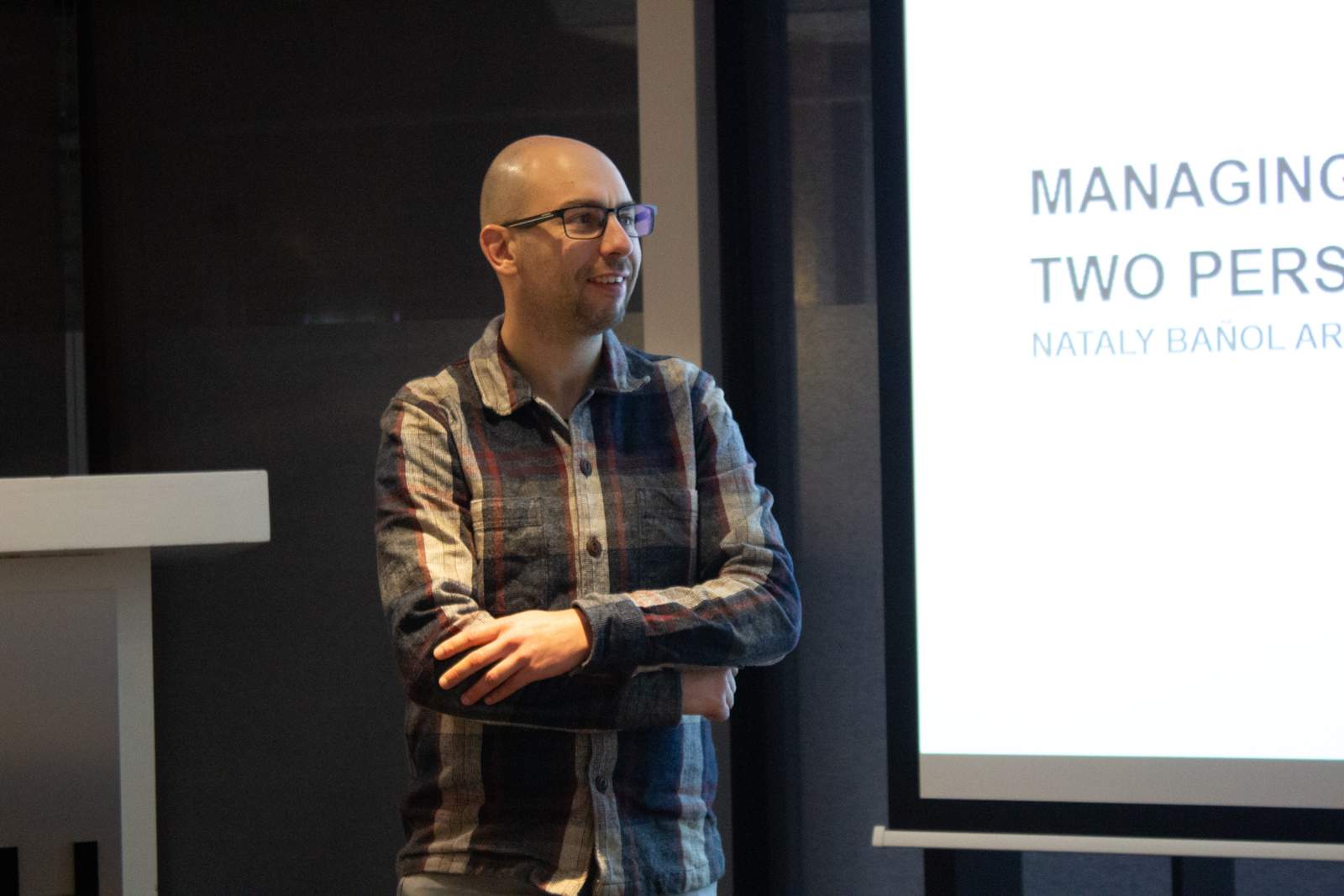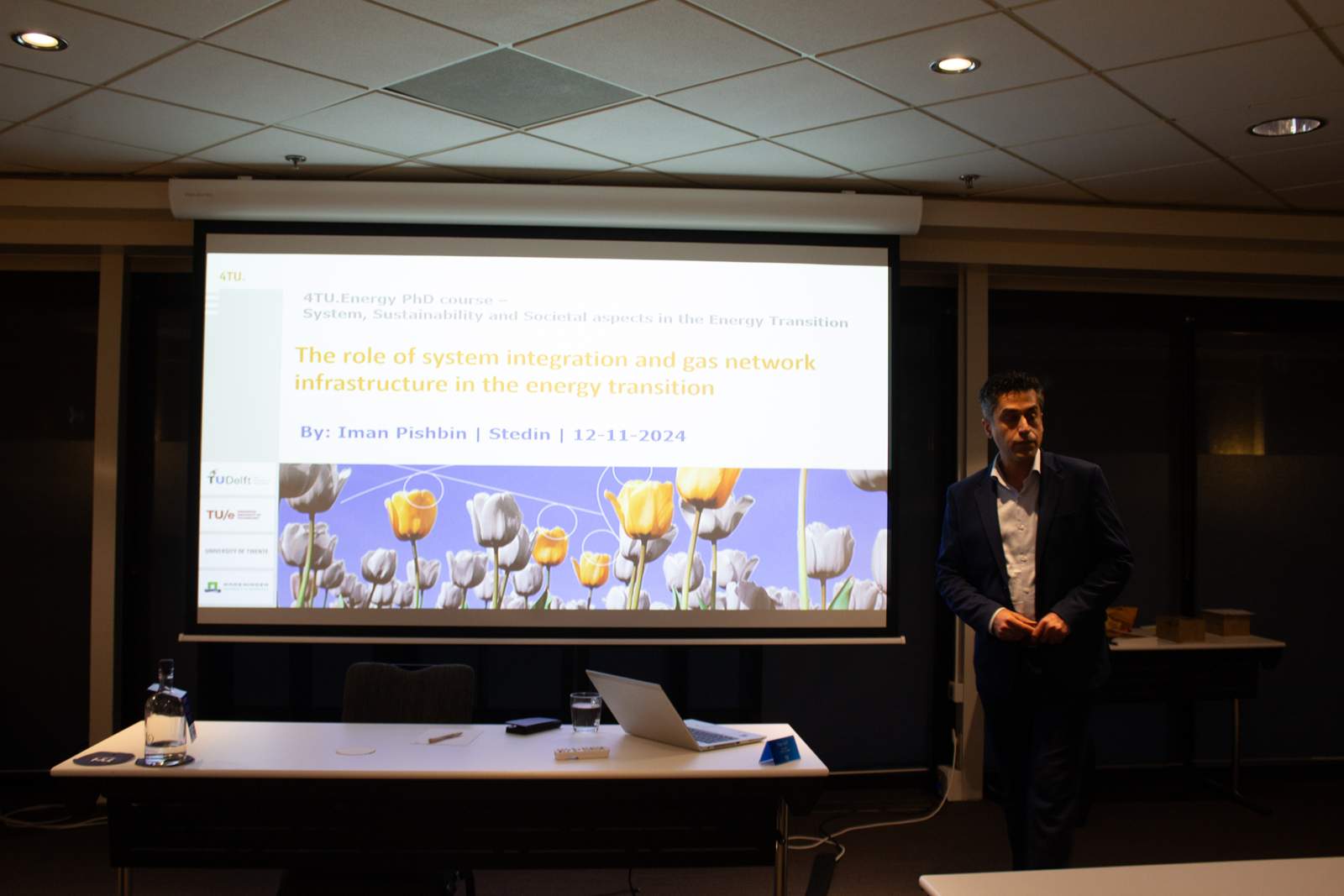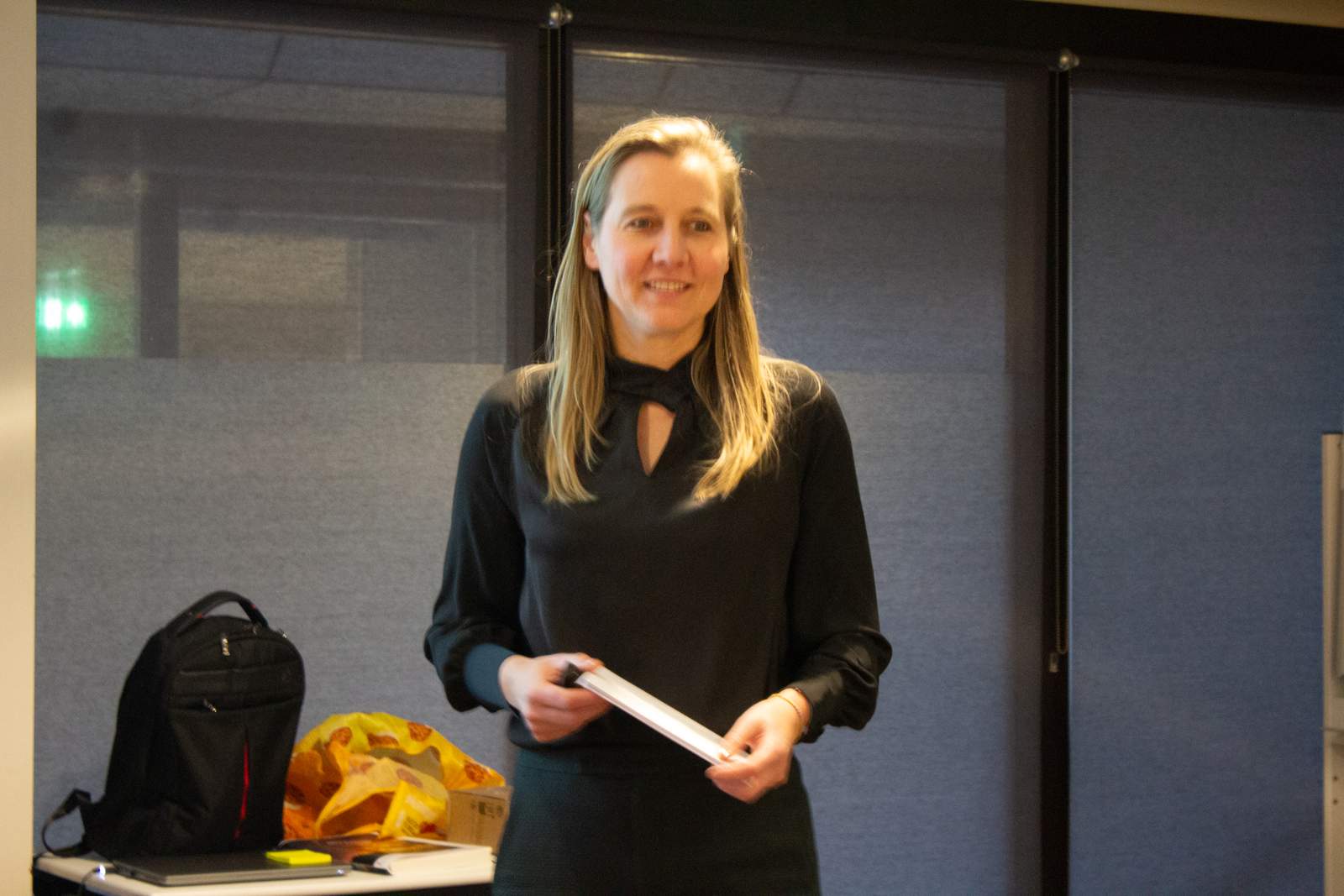System, Sustainability and Societal aspects in the Energy Transition: the 4TU.Energy PhD course 2024 was a success!
The 4TU.Energy annual PhD course 2024 took place on 11th and 12th November 2024 at NH Hotel Utrecht. This two-day course aimed not only to facilitate knowledge-transfer, but also to broaden the perspective of the young researchers in their research and support them in their efforts for the energy transition, which is such a complicated, multidisciplinary societal challenge.
This year, during the second edition of the course, we welcomed around 55 participants, mainly from the four universities of technology (with a balanced distribution), but also from Groningen University, DIFFER, Saxion University of Applied Sciences, Tilburg University, and AMS, demonstrating an increasing interest within Dutch academy for this multidisciplinary course.
The two-day course, which focused on “System, Sustainability and Societal aspects in the Energy Transition”, included lectures, workshops, and presentations from different stakeholders in the energy transition. Detailed program and introduction incl. scientific committee can be found here.
On the first day, Prof.dr.ir. David Smeulders, the scientific director of 4TU.Energy, kicked off the programme, followed by the warm-up session of “Pitch Your Research” by all the participants. Participants fully utilised their learned skills from the pre-course pitch training from ElroyCOM. The PhD candidates provided a nice overview of all the different PhD projects.
Congratulations to Tianyuan Wang for winning the 4TU.Energy Pitch Award! Tianyuan conducts his PhD project with supervision from prof. Floor Alkemade who gave the keynote on last year’s PhD course, his project is on Social Tipping Dynamics.
The keynote presentation from Prof. dr.ir. Anna J. Wieczorek focused on the importance of a citizen’s perspective in the energy transition and shed light on new socio-technical systems. It is important to have all the building blocks, e.g. actors, institutions, and technology, well connected and functional while working with the energy transition.
The course offered three special sessions during the two-day course, covering “Social Dynamics in the Energy Transition - Human and Policy Perspectives” from Dr. Queena Qian (TUD) and Dr. Nowella Anyango van Zwieten (WUR), “Managing Energy and Power” from Dr.ir.Gerwin Hoogsteen (UT) and Dr. Nataly Bañol Arias (UT), and “Scaling Green Energy Innovations” from Dr.ir. Akbar Asadi Tashvigh (WUR) and Ms. Annemiek Bles (Brainport Development Eindhoven). These sessions provided the participants with academic-level content – facts and figures, methodologies, and a lot of interaction as well – group discussions, serious games, and interactive questionnaires.
Real-world cases were brought by the innovative platform Brainport Eindhoven, which encouraged participants to think about technology transfer rather than knowledge transfer, shifting the perspective to ‘application-thinking’ based on market needs, and encouraging the participants to think where language barriers could arise between different roles in technology and research.
The presentation of “Geothermal Energy and the Heat Transition” by Prof.dr. Phil Vardon (TUD) resonated a lot with most participants, and demonstrated the success of geothermal energy systems in field tests in Delft.
External stakeholders were also invited, such as grid operators Alliander and Stedin, and the Amsterdam Institute for Advanced Metropolitan Solutions (AMS): Ir. Wouter van den Akker from Alliander talked about “Alternative Paradigms to Unlock New Pathways in the Energy Transition”; Paul Voskuilen from AMS shared his insights on “What do you mean, Impact” based on the urban challenges related to energy transition/urban energy projects carried out in AMS; Dr. Iman Pishbin, Stedin, shared his opinions on “The Role of System Integration and Gas Network Infrastructure in the Energy Transition” which delivered the message that the (renewable) gas network could help with peak shaving electricity demand in heating, reduce costs, and serve as a viable solution for e-congestion.
The two-day course ended with an interactive reflection session including awarding the best pitch award and certificate, festive drinks and the opportunity to mingle.
By participating in the two-day course, PhD students learned from different perspectives in energy transition, especially from the lens of research areas, such as social sciences, and broadened their peer network within 4TU.
Based on the evaluations shared by the participants of this year’s course, we conclude it was a success. Which emphasises also the conclusion that the energy transition is a complicated non-linear societal challenge where all building blocks, stakeholders, and perspectives need to be brought into the big picture.
It is our hope that our effort in organizing this annual course will make a contribution to the energy transition at large; and we look forward to more participants in the next edition of the 4TU.Energy PhD course.
The PhD course was evaluated by the attending PhD candidates, you can read the anonymous results here.
The pre-course Pitch training provided by professional trainer - Elroy Training, was evaluated by attending PhD candidates as well, you can read the anonymous results here.




